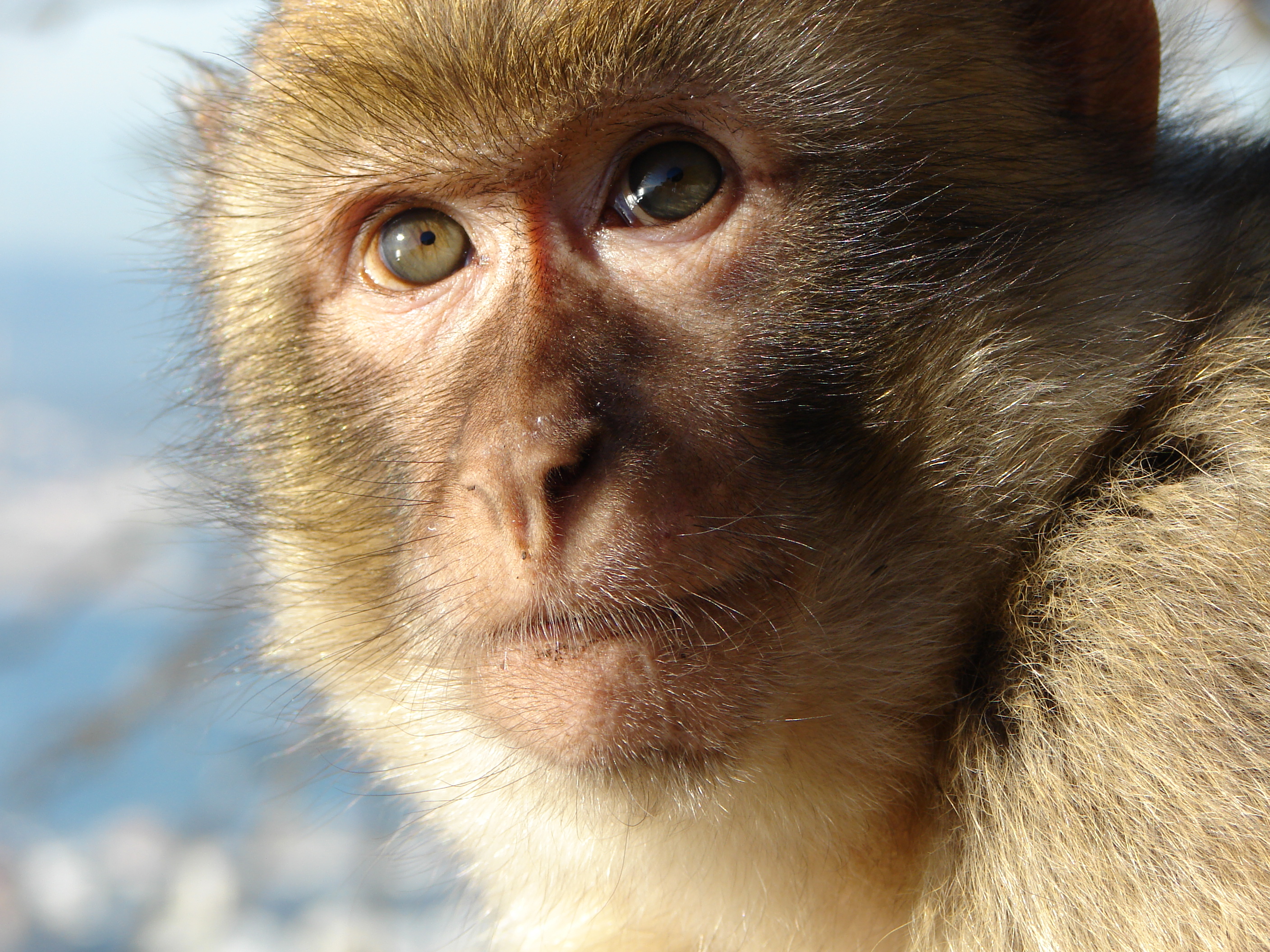China's Latest Cloned-Monkey Experiment Is an Ethical Mess
By Ryan F. Mandelbaum,
Gizmodo
| 01. 23. 2019
Chinese researchers have cloned five gene-edited monkeys with a host of genetic disease symptoms, according to two scientific papers published today.
The researchers say they want to use the gene-edited macaques for biomedical research; basically, they hope that engineering sick primates will reduce the total number of macaques used in research around the world. But their experiment is a minefield of ethical quandaries—and makes you wonder whether the potential benefits to science are enough to warrant all of the harm to these monkeys.
The researchers began by using CRISPR/Cas9 to alter the DNA of a donor macaque. CRISPR/Cas9 is the often-discussed gene editing tool derived from bacteria that combines repeating sequences of DNA and a DNA-cutting enzyme in order to customize DNA sequences. Experts and the press have heralded it as an important advance due to how quickly and cheaply it can alter DNA, but recent research has demonstrated it may cause more unintended effects than previously thought.
In this experiment, the researchers turned off a gene called BMAL-1, which is partially responsible for the circadian rhythm. Monkeys with this...
Related Articles
By Jonathan Matthews, GMWatch | 12.11.2025
In our first article in this series, we investigated the dark PR tactics that have accompanied Colossal Bioscience’s de-extinction disinformation campaign, in which transgenic cloned grey wolves have been showcased to the world as resurrected dire wolves – a...
By Jenny Lange, BioNews | 12.01.2025
A UK toddler with a rare genetic condition was the first person to receive a new gene therapy that appears to halt disease progression.
Oliver, now three years old, has Hunter syndrome, an inherited genetic disorder that leads to physical...
By Simar Bajaj, The New York Times | 11.27.2025
A common cold was enough to kill Cora Oakley.
Born in Morristown, N.J., with virtually no immune system, Cora was diagnosed with severe combined immunodeficiency, a rare genetic condition that leaves the body without key white blood cells.
It’s better...
By Rachel Hall, The Guardian | 11.30.2025
Couples are needlessly going through IVF because male infertility is under-researched, with the NHS too often failing to diagnose treatable causes, leading experts have said.
Poor understanding among GPs and a lack of specialists and NHS testing means male infertility...




